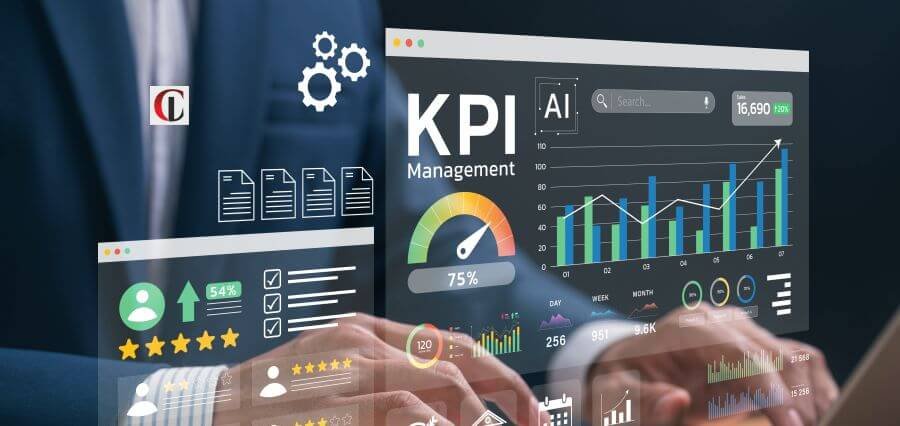An Element of Growth
The hospitality industry has experienced immense change in recent decades, driven by technological innovation and consumer demands. Data analytics is one of the primary factors that have facilitated this transformation as an analytics tool. It has become essential in hospitality organizations to improve the customer experience, operations, and drive revenue growth. Hotels, resorts, and other hospitality providers can use the insights gained using massive amounts of data to make smarter, evidence-informed decisions that continue to drive growth and form the basis of a competitive advantage.
Understanding Data Analytics in Hospitality
In its essence, data analytics can be described as the methodical analysis of primary information that aims to identify patterns and other actions. In the hospitality field, this information may include past guest reservation records and reviews, industry performance, and business performance. It is by overlaying sophisticated analysis tools and machine learning that hospitality companies can scan through the wide and vast data bodies effectively, harnessing value that otherwise would have been unobtainable via instinct.
Personalized Guest Experience
The current tourists are aimed at more personalized experiences where they would like to align with their choices and behavior. Data analytics also allows hospitality providers to review the profiles of their guests, their past interactions, and what they prefer, along with their feedback, so that they can also customize their services accordingly. Analytics can be applied in imagining the needs of guests, such as recommending certain types of rooms and facilities, or tailoring promotions. Hotels can even use live data, e.g., guest location or current weather, to customize services during the stay and increase satisfaction.
Streamlining Operations and Cost Efficiency
Efficiency is a crucial aspect in the hospitality industry profitability, where margins are narrow. Data analytics identifies inefficiencies in staffing, inventory management, and facility maintenance. Analysis of occupancy patterns, for example, helps the managers to balance staff schedules to minimize labor costs without a loss of service quality. Likewise, predictive maintenance systems are models that employ data recorded on equipment sensors to predict failures and reduce the loss of expensive maintenance and downtime. Creating efficient hospitality operations with data-driven insights will help businesses manage the costs without lowering service levels.
Enhancing Marketing Effectiveness
Data analytics helps with marketing in the hospitality industry as it allows launching more relevant campaigns. Using customer demographics, booking data, and past campaign analysis, hotels will be able to group audiences and provide personalized marketing messages. This method would drive up asset engagement rates and ROI, since it targets the most apt to convert customers. Also, social media and review sentiment analysis assist brands in tracking their reputation and reacting to customer reviews.
Risk Management and Security
The hospitality business deals with sensitive data about its visitors and their money daily, and the security of information is one of its biggest concerns. This type of data analytics tool would be useful in fraud detection and risk management since it would be able to observe transactions and user behavior to identify any abnormalities. Early detection of fraudulent activities is useful to both them and the business since it removes the aspects of trust and regulation. Moreover, analytics can be used in crisis management mode and help a hotel to analyze the impact of the external threat on different operations and alter processes on the fly.
Supporting Sustainability Initiatives
The hospitality industry handles customer data and sensitive finances; therefore, data security is important. The role of data analytics tools in fraud detection and risk management is to monitor transactions and the way the user interacts with systems to detect anomalies. Frauds cause loss to both the customers and the company itself, but intervening in good time saves both companies and customers. It ensures integrity and adherence to the laws. Moreover, the analytics will help in managing the crisis and enable the hotel to know how external risks, including natural disasters or a pandemic, affect them and respond to them promptly.
Competitive Intelligence and Market Adaptation
Sustainability is becoming even more important in hospitality, as both consumers and governments insist on it. Data analytics can help hotels manage their energy consumption, water, and waste to identify inefficiencies and embrace environmentally sustainable practices. The smart building technology and analytics come into play in managing the resources in a manner that does not disappoint the most luxurious humans in the world. Such efforts reduce operating expenses and can be attractive to those customers who are environmentally friendly, which would balance the needs of the business with an overall sustainability theme.
Final Words
In the past few years, data analytics has established itself as an important development sphere in the hospitality business. It fosters efficacy in various areas of hospitality management, such as the augmentation of revenue, customized service, target marketing, risk aversion, sustainability, and competitive intelligence.
Read More : Beyond Five Stars: Simon Tan’s Vision for Purpose-Driven Hospitality at Birkin International Hotel

